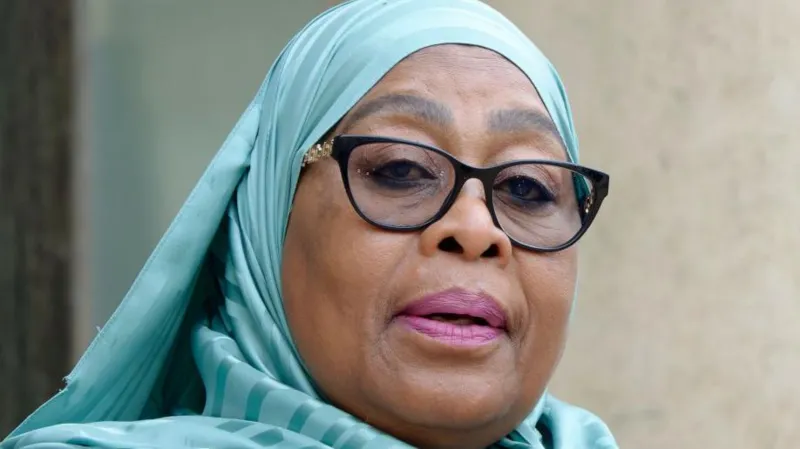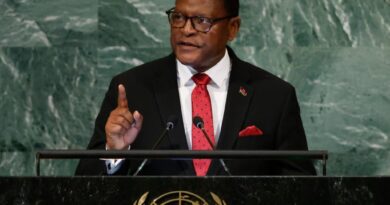Tanzanian Artist Jailed for Burning President’s Picture
Shadrack Chaula, a 24-year-old portrait artist from Tanzania, has been sentenced to two years in prison or a fine of $2,000 (£1,600) after being found guilty of cybercrimes for burning a photograph of President Samia Suluhu Hassan. The verdict comes amidst a legal and public outcry over freedom of expression in the country.
Chaula was arrested following a viral video on TikTok showing him burning President Hassan’s portrait while making derogatory remarks. Local authorities accused him of cyber-harassment and incitement, charges that sparked debate among legal experts regarding the interpretation of Tanzanian cyber laws.
During the trial, Chaula admitted to the act but did not mount a defense. Magistrate Shamla Shehagilo ruled that his actions constituted a violation of the country’s cyber laws, despite assertions from some lawyers that there is no specific legislation criminalizing the burning of a president’s picture.
Police in Mbeya emphasized the cultural and legal sensitivities around disrespecting national leaders, echoing sentiments from local leaders who condemned Chaula’s actions as contrary to regional norms.
The sentencing has ignited public debate, with critics arguing that it reflects a regression in Tanzania’s recent strides towards political and civic openness under President Hassan’s administration, which began in 2021.
Despite reforms aimed at expanding democratic freedoms, concerns persist among opposition groups and human rights advocates about the government’s approach to dissent and free speech.
Supporters of Chaula have launched online campaigns to raise funds for his fine, viewing the punishment as overly harsh and symbolic of broader restrictions on expression in Tanzania.
President Hassan’s tenure has been marked by both praise for reforms and criticism for perceived authoritarian tendencies, highlighting ongoing tensions over civil liberties and governance in the East African nation.
Source: BBC News Africa



